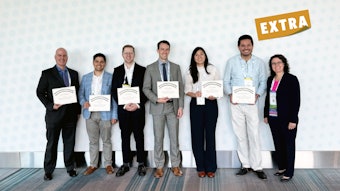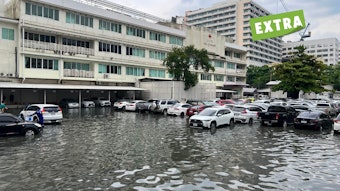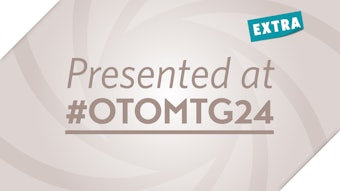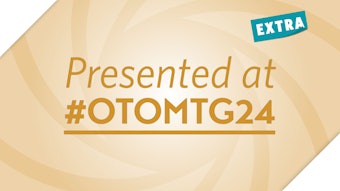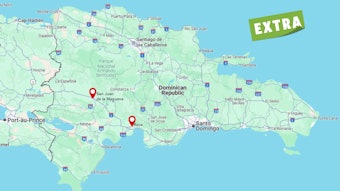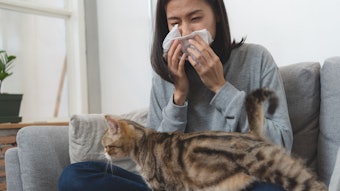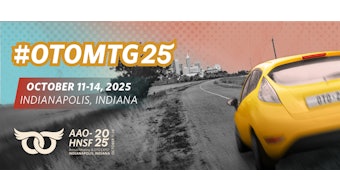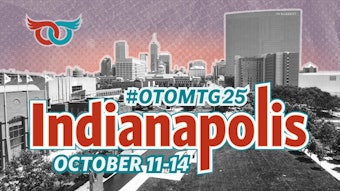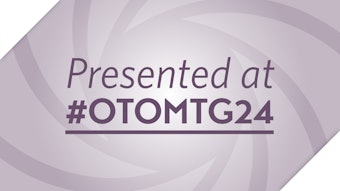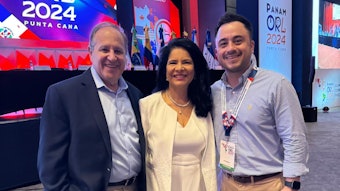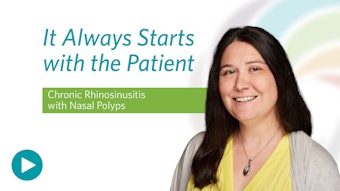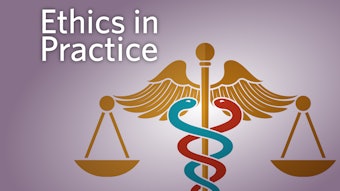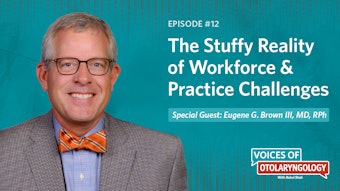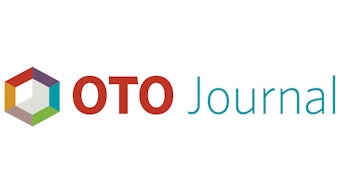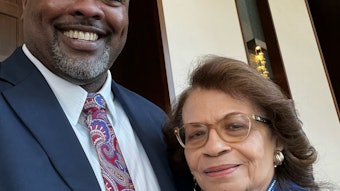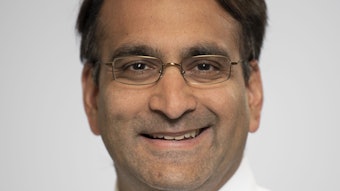Building Bridges in Pakistan
A cross-continental partnership is forged to support patient care and expand surgical capacity at a rapidly growing charitable hospital in Karachi.
Swar Vimawala, MD, PGY-5 resident at Cooper Medical School, Rowan University
As I settle back into the familiar routine of residency life, I am now able to truly reflect on an inspiring and fulfilling surgical trip to the bustling city of Karachi, Pakistan, and grasp the magnitude of the entire experience.
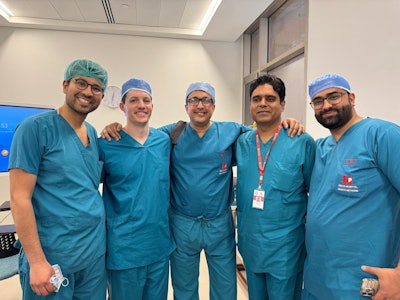 (Left to right): The author, Swar Vimawala, MD, with Brian Swendseid, MD, Nadir Ahmad, MD, Asif Ali Arain, MD, and Hamid Mashreqi, MD, an otolaryngology-head and neck surgeon visiting from Kabul, Afghanistan.
(Left to right): The author, Swar Vimawala, MD, with Brian Swendseid, MD, Nadir Ahmad, MD, Asif Ali Arain, MD, and Hamid Mashreqi, MD, an otolaryngology-head and neck surgeon visiting from Kabul, Afghanistan.
The Indus Hospital and Health Network is a remarkable, free-of-cost, entirely charitable institution located in one of the poorest areas of Karachi, the largest city in Pakistan. Started 17 years ago as a modest 150-bed hospital with just five operating rooms, it has since expanded to over 1,000 beds and 30 new operating rooms. Its estimated annual operating budget of $200 million is entirely funded through private donations. With this expansion, the hospital embarked on a plan to build relationships that could enhance its surgical capacity, especially focusing on Pakistani-origin surgeons practicing abroad. Through this initiative, Dr. Ahmad received a gracious invitation to assemble a team to collaborate with Asif Ali Arain, MD, head of the Department of Otolaryngology-Head and Neck Surgery at Indus Hospital, and Shakil Akhtar, MD, consultant surgeon, and their team of registrars (junior attendings) and residents.
We hit the ground running on the first full day of our trip, with a meet-and-greet with the entire Indus Hospital team, rounding on patients who had been admitted in anticipation of our arrival and selected based on the complexity of their illnesses, and getting acquainted with the clinics, ORs, and available supplies. The main pathologies that we managed were large thyroid goiters and advanced-stage buccal cavity cancers. Betel nut consumption is widespread in Pakistan and the resulting oral cavity cancers are the leading cause of cancer in Pakistan.
Many of the patients we treated had traveled hundreds, if not thousands, of miles to obtain free care at the hospital. The complexity of the cases was largely owing to the advanced stage of their condition at presentation and the poor general health of the patients. Most of the cancer patients were young to middle-aged men from 30 to 50 years old. Despite the sheer volume and complexity of the patients streaming into the otolaryngology clinics, it was inspiring to see how much dedication and effort the Indus Hospital otolaryngology team put into their care and wellbeing.
During the eight full days of our trip, we were able to perform over 30 complex surgeries and evaluate countless patients in the clinics. We were received with so much warmth, respect, and regard from the entire team and the patients alike. It was uplifting to see our postop patients doing well and blessing us for being there for them.
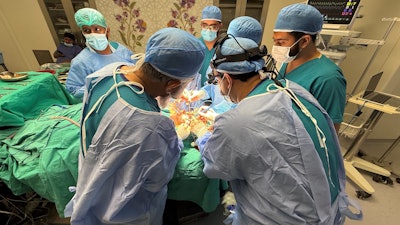 Dr. Ahmad operating with the Indus Hospital team.
Dr. Ahmad operating with the Indus Hospital team.
Dr. Ahmad and Dr. Swendseid performed numerous regional flap reconstructions, especially the pectoralis major flap, and endeavored to teach these flaps to optimize postoperative form and function for the patients. We seldom use the "pec flap" in our institution, and it was remarkable to see its ease of harvest, inset, and versatility for the various defects encountered.
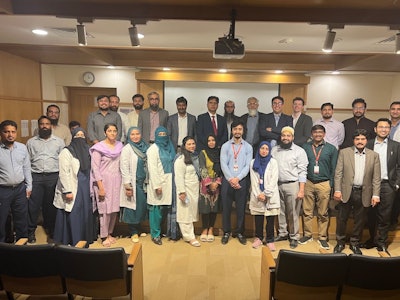 Over 40 otolaryngology-head and neck surgeons from around Karachi, Pakistan, gathered to attend the symposium.
Over 40 otolaryngology-head and neck surgeons from around Karachi, Pakistan, gathered to attend the symposium.
Our experience extended far beyond the operating room. The camaraderie we built with the Indus Hospital faculty, residents, and staff was a highlight of our trip and something I will always cherish. From sharing stories to enjoying scrumptious meals, the warmth and generosity of our hosts and the Pakistani people has left an indelible impression. The passion for patient care and commitment to learning we witnessed were deeply inspiring. I am positive that this experience will mark the beginning of a long-term partnership that will benefit both institutions through training, education, and knowledge exchange.
I am deeply grateful for this opportunity to travel to Karachi, Pakistan, and to my mentors and the team at Indus Hospital for allowing me to contribute to the care of their patients. It was a transformative experience that underscored the power of collaboration, and the profound impact achieved through a shared mission to improve patient care.
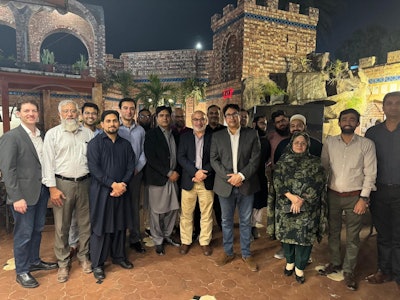 The Pakistan Society of Otorhinolaryngology hosting the visiting team at a local restaurant.
The Pakistan Society of Otorhinolaryngology hosting the visiting team at a local restaurant.
